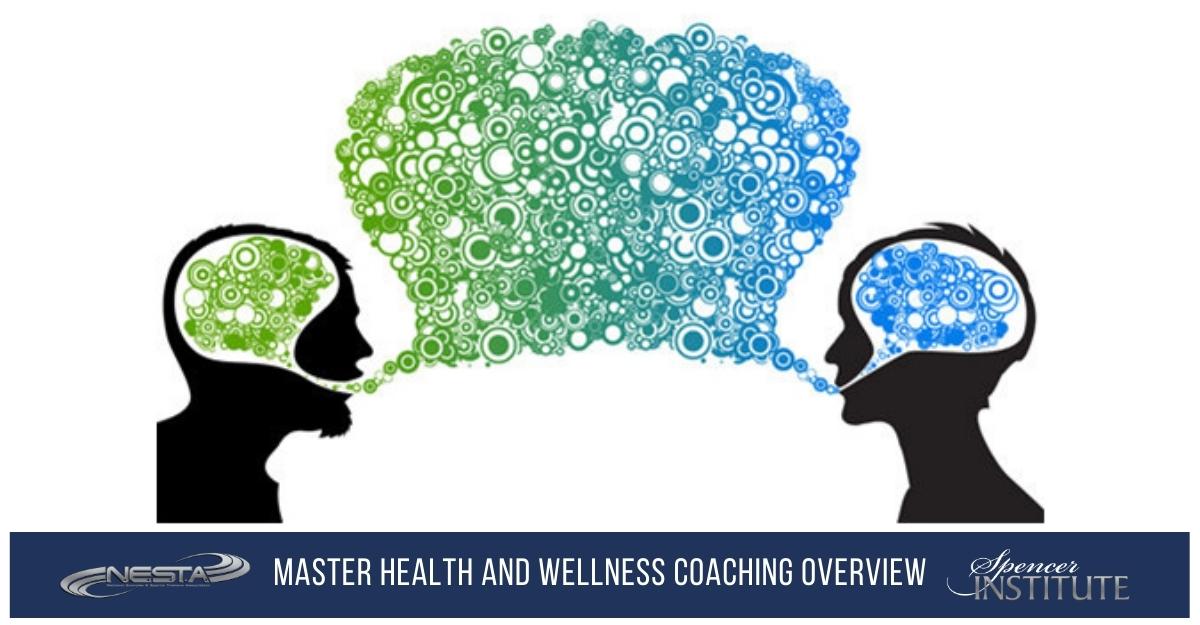
Mastering Coaching: The Mindset of a Coach
For a lot of coaches, this initial material may be a review, yet an extremely relevant launch point for coaches of all levels. Sometimes it can be a good idea to regroup and think about the foundations of coaching. What is even more important to know from the onset is – what really makes you a coach, and why do you want to take it to a master level?
One of the main objectives we want to reach is to get a really good understanding of what the core values of coaching are. We want to repower you to employ the right mindset or perspective of a Health and Wellness Coach, functioning at a Master level. This is important to understand due to how we bring our mindset and perspectives to the coaching scene, and it helps to build meaningful and very powerful interactions. Therefore, we must completely understand the core values of coaching. When we say core values, we’re referring to coach behaviors such as being skills. This is a long list and includes being mindful and an empathetic personality – or to grow this part of your personality, if you don’t have that mastered yet! So, in part, it’s the being skills that will make up a large part of our program in the beginning – how we behave, where we come from in our perspective and what we project to our clients.
Another key objective is the mastery of what we will call doing skills. What kind of things do we do as coaches? We all know that we listen, we reflect back a lot of what we hear. We want to use open-ended questions when we communicate. We do a lot of inquiring to fish for more information about our client – to figure out who they really are. Along the way, we’re making sure, through clarifications, that we’ve gotten it right. So, there are also some doing skills we’ll be learning about as we go along.
Throughout the course we’ll be talking about a process. What’s the process or the platform that we coach on? What is the process of coaching? Coaching dynamics presented here are intended for the coach to use as a way to guide a client through a process. One of the first tenets of coaching is that we want to help our clients to develop their best vision, their best self – and yet we also have to uncover what it is that they want. Coaches have a natural tendency to want to help, facilitating problem-solving for our clients and boosting their self-efficacy. We can sometimes be in charge of helping grow a client’s confidence. We want to guide clients to get in touch with their abilities (strengths) and figure out what they can do already (what is working for them currently?).
What if resistance becomes part of the process? What do we do in our interactions that can either grow resistance or inhibit it? Maybe we can counter this by eliciting client strengths and thereby letting the client learn what strengths or assets they’ve already got or what they’re already doing well that can boost their confidence and self-efficacy. These are examples of process skills used in coaching.
The second half of this course is focused on learning specific coaching tools. As you approach an interaction, you can use what you’re learning – the application – by having a coaching tool or interviewing tool that you can employ to help your client.
All clients should begin their journey with an assessment session from the coach. During this time, the coach should be getting all the information they can about their clients. It could be to clarify how their health is affecting other areas of their life and how other areas of their life are affecting their health.
Using a simple readiness exercise to help you determine your client’s stage of readiness, you then ask yourself “is this client really ready for change?” You will need to know where the client stands and what stage of readiness they are in, since many of our tools are stage-specific. For instance, the decisional balance tool used in our CWC course is best when used in the contemplation stage.
With even just a few of our course objectives known, it’s clear that we have a lot to cover.
Learn about how you can now become a Certified Maser Health and Wellness Coach.










